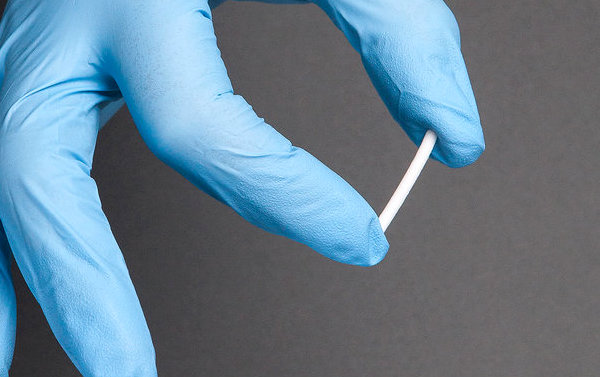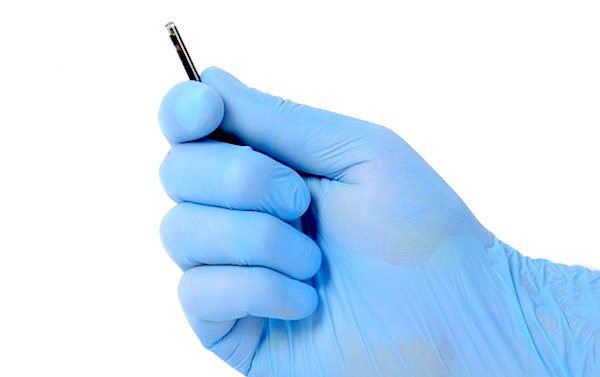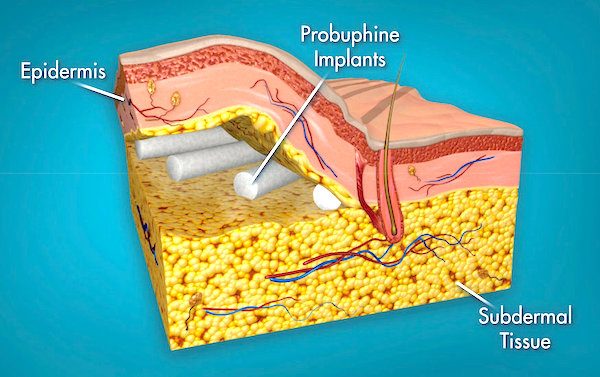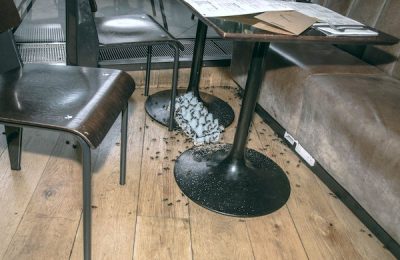Opioid addicts may have help using a new implant that could help millions of people suffering from addiction. There is now one option under consideration by the Food and Drug Administration is a system of implanted rods to help with the epidemic.
Because the opioid rods are implanted in the skin, this version of the drug can’t easily be sold on the illegal market, proponents say - a key treatment advantage, ABC News reports. The FDA is expected to decide whether to approve the device - called Probuphine - within a week.
The implant system includes four rods, each about the size of a match stick, explained Dave, a paramedic in a small town outside of Boston; he was one of the patients recruited to test the device last year. Dave’s worried about reprisal if co-workers find out he is addicted to opioid pain pills, so we agreed to use only his first name.
“My implants were placed in my left arm, just above my elbow on the inside,” he explained. He’s been in recovery for four years - previously with the help of daily buprenorphine pills. Last year, he agreed to be part of an experiment that delivered regular doses of the drug to him via an implant instead. He’s sold on the new approach. “I felt completely normal all the time,” he said.
Probuphine implants, inserted under the skin by a trained doctor, are left in place for six months at a time. Dave said the rods are convenient, safe and discreet - they provided steady relief from his cravings, The Wall Street Journal reported.
When he takes the daily buprenorphine pills, he said, he has to be careful to hide them so that his 2-year-old granddaughter can’t get into them. And though he’s supposed to take the tablets at least 15 minutes before he eats or drinks anything, he sometimes forgets. Or he forgets to take the pills at all. “With the implant, you didn’t have to worry about that,” he said. “It was just there, and you felt good all the time.”
The device doesn’t work for everyone. During the study, 12 percent of patients who had implants relapsed. But the relapse rate for the pill version of the drug was 28 percent. And there’s a second reason implants can be better than pills, said Braeburn Pharmaceuticals CEO Behshad Sheldon: A lot of buprenorphine winds up being sold illegally on the street. Though the drug produces a less intense high than most opioids, it is still sometimes abused.
“Buprenorphine is the third most confiscated opioid by the DEA, so there’s certainly diversion going on,” Sheldon said. But during the clinical trial, she said, there were no cases of anyone trying to remove their implant so they could get to the drug inside and sell it.
An FDA advisory committee recommended approval of the implant in January, and a final decision from the agency is expected by May 27.
“Anything that might help people beat their opioid addiction is a good idea,” said Dr. Barbara Herbert, president of the Massachusetts Society of Addiction Medicine. But she said she also has reservations about this method of delivering treatment. The main one is price. The company says it will price the implants to be competitive with other injectable treatments used to battle opioid addiction, including a shot that costs about $1,000 a month. Buprenorphine pills, in comparison, typically cost $130 to $190 for a month’s supply.
Herbert said a high price may force providers to turn patients away - or cut back on other services. “High profits in the middle of this epidemic are really unconscionable,” she said.
Sheldon, of Braeburn Pharmaceuticals, said the company will offer rebates to make sure appropriate patients can get access to the implant. She plans to negotiate with insurers and providers on a price that takes both their cost and savings into account, she said. “And if they don’t realize those savings, we’re happy to rebate them even further,” Sheldon said. If the implant is approved, demand for it is expected to be high even with the high price-tag, addiction specialists say.
The Huffington Post said Dave, the New England paramedic in recovery, thought about trying to wean himself off the treatment drugs altogether. “But then, the more I think about it, it scares the hell out of me,” he said. “I’m scared of going backward. I honestly don’t know what would happen.” That’s a fear voiced by many of the growing number of Americans who have come to see their addiction as a chronic disease, a condition they may have to live with - and need treatment for - for many years.













